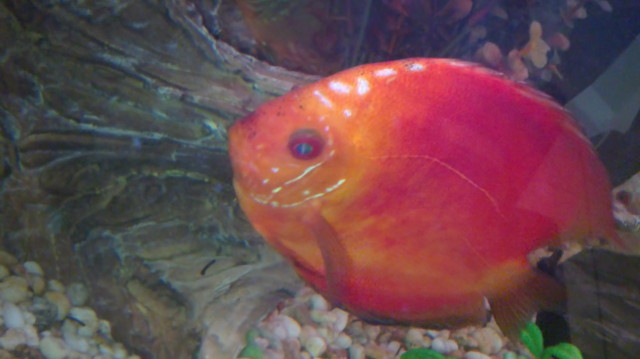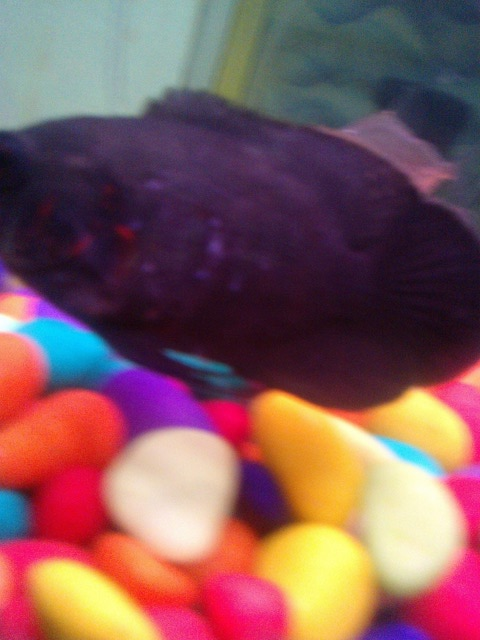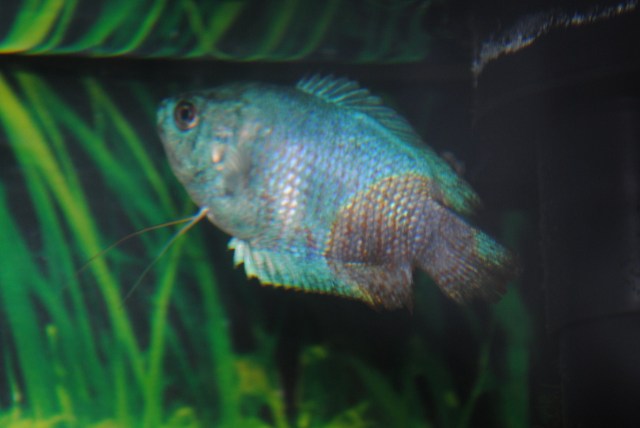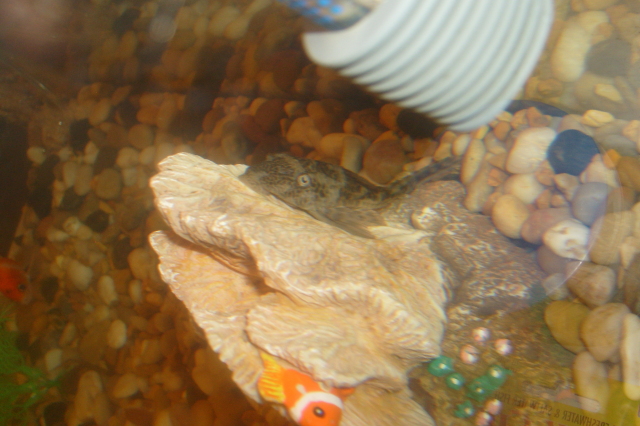QuestionMany sources recommend using only filtered water for tropical fish. However, the suggestions on which technology to use are all over the map. Instinct tells me that all fish probably need the trace mineral elements that are naturally found in water sources. This means that one either has to not filter them out in the first place or add minerals back into the water after filtering.
Comparing filter technologies, this is what I have uncovered so far. Volatile Organic Chemicals cannot be removed by reverse osmosis, granular activated charcoal, distillation, ceramic, or ion exchange. Microscopic Cysts cannot be removed by granular activated charcoal, distillation, or ion exchange. Heavy Metals cannot be removed by granular activated charcoal, ceramic, or ion exchange, and reverse osmosis is ineffective on Mercury. Disinfection By-Products and Endocrine Distruptors can only be removed with a solid carbon block filter. Inorganics cannot be removed by granular activated charcoal or ion exchange, and distillation and ceramics only remove a few inorganics. Only activated charcoal and solid carbon block work on chlorine, with the latter also effective on chloramines. Reverse osmosis wastes water and removes needed trace elements from the water. UV treatment systems, which kill microorganisms and bacteria, aren't really necessary if one is on a public water system (which does that treatment as part of their regulatory compliance).
My conclusion is that solid carbon block filtration systems are best suited for tropical fish (as they are for humans), and seem to also be the most cost effective on a price per gallon basis. Am I on the right track here?
AnswerHi Steve,
That is a very thorough analysis but I would ask you this first: do you drink your tap water? If you do, then it is probably fine for most tropical fish. I only use tap water (but see below about chlorine). There are other reasons for using things like reverse osmosis, e.g., to make highly acidic water for those species which like that sort of thing, e.g., Apistogramma cichlids from South America. If your tap water is really nasty -- and you don't drink it -- then you need to look towards some major fixes.
The biggest thing you need to be concerned about with municipal water is chlorine and chloramine. I only have chlorine in my water so I just let it sit in a large rubbermaid tub for 24 hours -- the chlorine evaporates. Chloramine is far nastier and won't evaporate -- that is in fact why it is used, so that the chlorine does not evaporate in long municipal water distribution systems. For chloramine, you really need to use a chemical that neutralizes it, e.g., Amquel or Prime. Carbon filtration can work but it takes a LOT of carbon to remove chloramine. Basically, the water needs to remain in contact with the carbon for along time to get the chloramine out, which means a very large carbon cannister filter on your water intake.
-- Ron
rcoleman@cichlidresearch.com
Cichlid Research Home Page <http://cichlidresearch.com>

 Discus fish
Question
Discus fish
Since 3 months i have been having
Discus fish
Question
Discus fish
Since 3 months i have been having
 Vertical on the gravel
QuestionImage 2
Image 1
QUESTION: I dont
Vertical on the gravel
QuestionImage 2
Image 1
QUESTION: I dont
 oscars white spots
QuestionQUESTION: Hi.. I have 3 oscars, 2tiger around 1
oscars white spots
QuestionQUESTION: Hi.. I have 3 oscars, 2tiger around 1
 Sick new fish
Question
gourami
I bought 2 gouramis at Petsmart yester
Sick new fish
Question
gourami
I bought 2 gouramis at Petsmart yester
 My Common Pleco
Question
Pleco
I am a beginner who has made a HU
My Common Pleco
Question
Pleco
I am a beginner who has made a HU